- Home
- »
- News
News
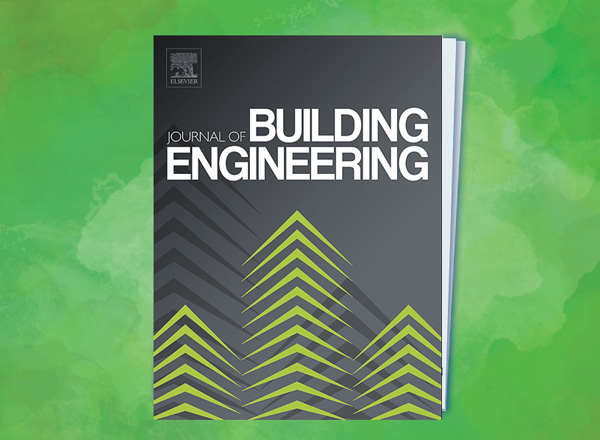
- Publication
Journal of Building Engineering
This paper seeks to understand and analyze the trade-offs between airborne infection probability and energy consumption of ventilation systems for a simulated classroom in 13 cities across the US.
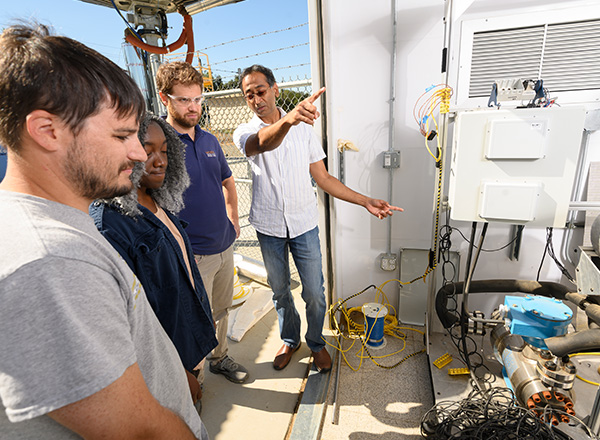
- News
Concentrating solar-thermal power technologies can help eliminate carbon dioxide emissions from the energy sector.
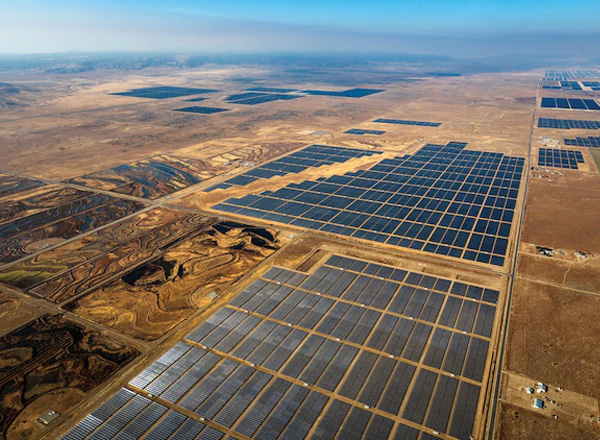
- Press
National Geographic
To fight climate change, cleaner energy sources are desperately needed, but some experts say more should be done to keep untouched desert ecosystems intact.
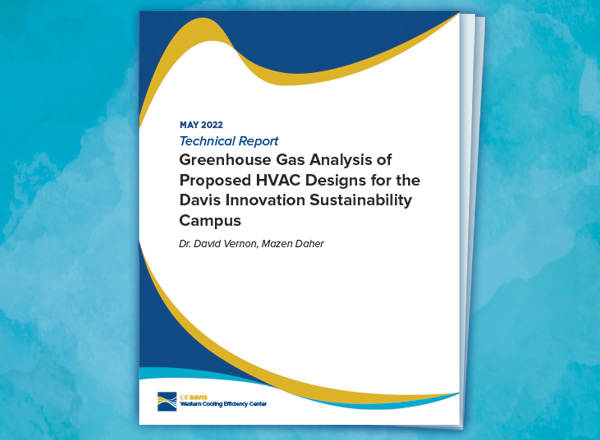
- Press
Report analyzes greenhouse gas emissions of two heating and cooling systems
Homes and businesses use over 25 percent of California’s energy. With a number of different space heating and cooling technologies available to developers, it is important to understand and quantify potential greenhouse gas (GHG) impacts.
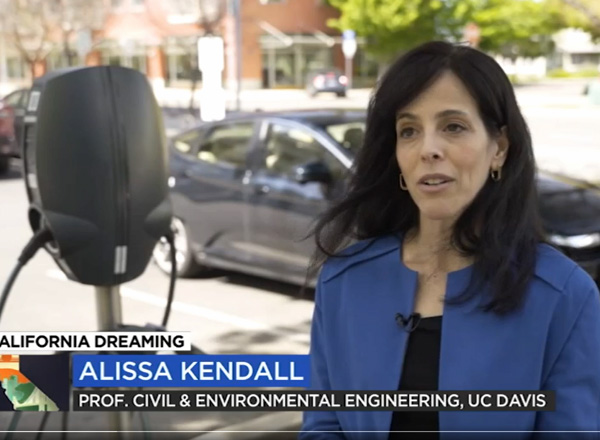
- Press
ABC 7 News: KGO
The metals in the batteries are hazardous and could leach into the environment if they are not properly handled.
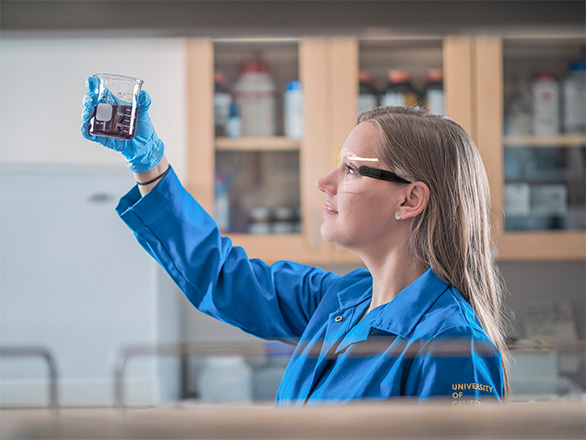
- Press
UC Davis
Before a drop of treated water in California ever reaches a consumer’s faucet, about 8% of it has already been wasted due to leaks in the delivery system. Nationally, the waste is even higher
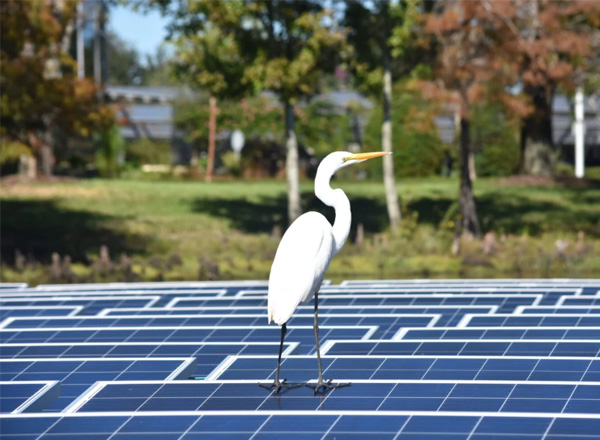
- Press
Popular Science
To beat climate change, our electricity mix is going to need a lot more renewable energy systems to take over fossil fuels. Many in the solar industry are looking for a new home for solar panels—possibly even floating on water.

- News
While technical solutions to ensure adequate air exchange are crucial, this research focuses on teachers’ perceptions and practices that may also have important implications for achieving a safe classroom environment.
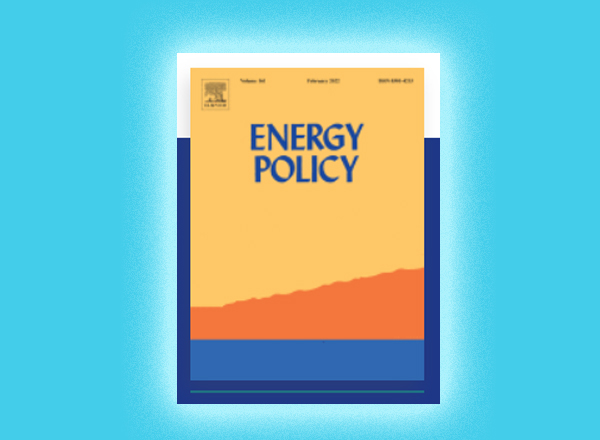
- News
Newly published article aims to inform policymakers about the greenhouse gas emission impacts of heat pump deployment in residential homes.
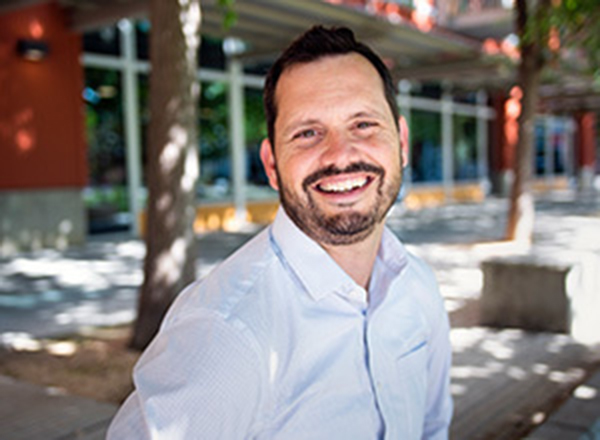
- News
Benjamin Finkelor, Executive Director for UC Davis’ Energy and Efficiency Institute (EEI), will serve “on loan” to the California Energy Commission as a Special Advisor to Vice Chair Siva Gunda. The appointment starts February 1st and will extend for 14 months. Ben has been Executive Director of the EEI since its inception in 2016 (then the Energy and Efficiency Center). His leadership has helped the campus’ energy programs grow and advance over the past 15 years.

